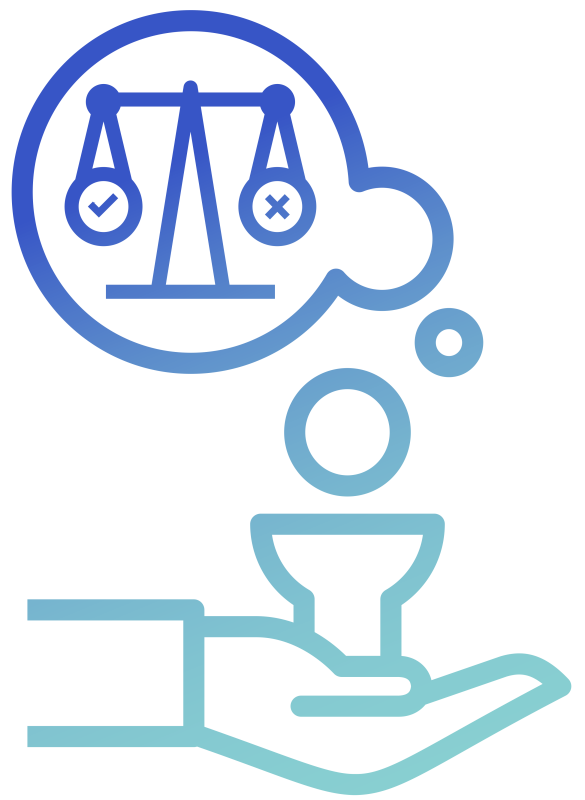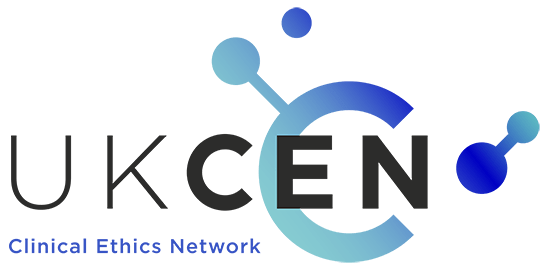Ethical Questions
The ethical frameworks described in this section are concerned with fostering structured deliberation about ethical questions, not clinical or legal questions.
It is not uncommon for a Clinical Ethics Committee (CEC) to recognise, prior to commencing its discussion, that the core question it has been asked to advise on is not, in fact, an ethical question at all. Thus, before applying one or more ethical frameworks, a CEC needs to be sure that it is dealing with an ethical question.
An ethical question is one that is concerned with what should be done when there are good reasons for more than one course of action, when no single course of action is clearly right. (Sometimes, the ethical course of action will be the “least worst” option.)
In CEC work, we are interested in practical ethical questions – questions that arise when we are uncertain what we ought to do in a specific health care context. This might be a clinical scenario that arises in practice, or it might be a new policy designed to be implemented in practice.
“What should I do in these circumstances?” is a practical ethical question. This question is not the same as:
- What am I legally permitted to do?
- What do policies or regulations require of me?
- What do most people think I should do?
- What does the clinical evidence suggest?
- What is the way we are accustomed to act in this situation?
It can be difficult to completely separate ethical questions from legal, policy, or clinical questions, and rightly so. Good ethics will often depend on obtaining clarity about relevant facts and sensitivity to the political and legal context of decision-making. But answering an ethical question is not the same as answering a clinical or legal question.

There are also different types of ethical question that CECs become involved in. In particular, the question might revolve around:
- An ethically challenging case scenario (“what is the right thing to do when making this healthcare decision in practice?”), or
- An ethically challenging formulation of local health policy (“what is the right policy to shape practice in more general terms?”)
We would like to emphasise that the ethical frameworks presented below are concerned with the first of these types of question – those relating to the practice of providing ethical advice in a case consultation. Providing ethical advice in local health policy-making requires either a different kind of ethical framework to be used, or the tweaking of the frameworks below to enable them to capture policy-related ethical considerations explicitly.
Click here to download a PDF with further information about ethical frameworks, including worked-through examples of how each of the different frameworks would approach the ethical analysis of a case.
